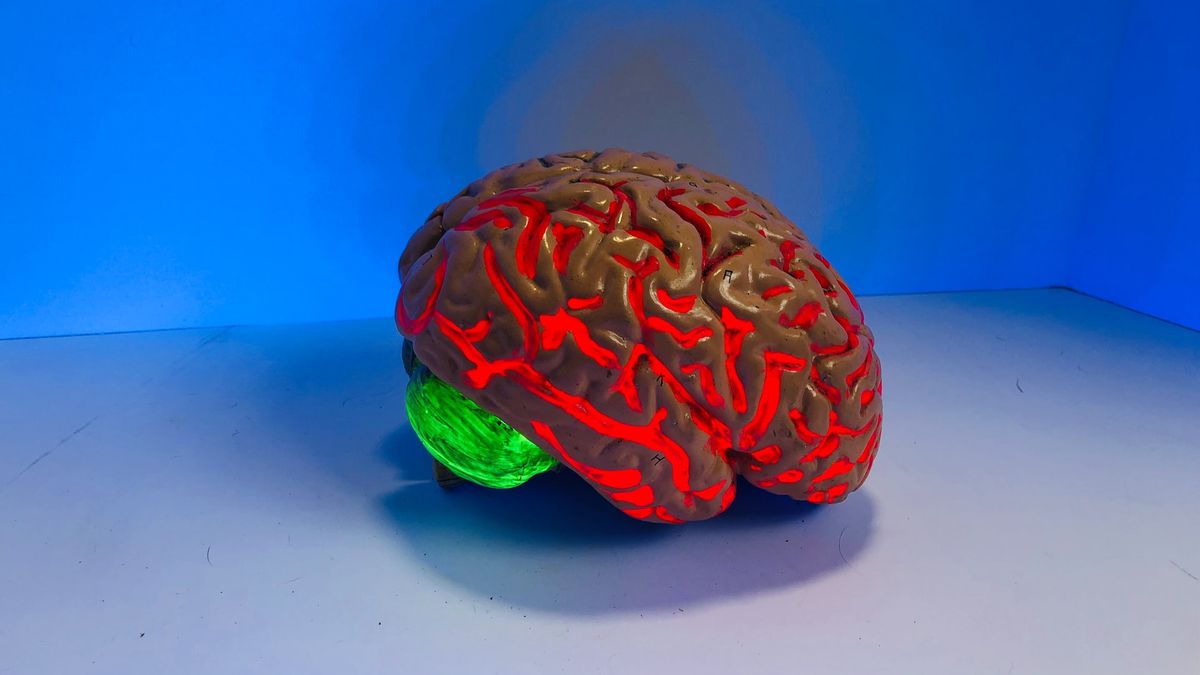JAKARTA - A study shows new findings regarding the impact of COVID-19 on sufferers. COVID-19 may have a significant impact on brain function equivalent to ten years of aging.
Led by Adam Hampshire, a doctor at Imperial College, London, the non-peer-reviewed study was conducted on more than 84 thousand people. The study highlighted several cases of infection that were classified as severe. Scientists found there was a substantial cognitive deficit for months. Or let's call it mental decline.
"Our analysis is consistent with the view that there are chronic cognitive consequences of COVID-19," the researchers wrote in their report. "People who have recovered, including those who no longer report symptoms, show a significant cognitive deficit," the researcher added, quoted by Reuters on Wednesday, October 28.
Cognitive tests measure how well the brain performs tasks, such as remembering words or joining dots on a puzzle. Such tests are widely used to assess temporary brain disorders or brain performance in Alzheimer's disease.
The Hampshire College research team analyzed the results of 84,285 people who completed a study they called the Great British Intelligence Test. The findings, which have not been reviewed by other experts, were published online on the MedRxiv website.
ControversialCognitive deficit is a "substantial effect measure" that occurs in a person as a result of a medical disorder, in this case COVID-19. The researchers say, in the worst cases, the decline in brain function occurs "equivalent to an average ten-year decline in global performance between the ages of 20 and 70."
Other scientists who were not directly involved highlighted the research results. They say, however, that the results of this study should be viewed with caution.
“Participants' cognitive function was not known before COVID-19. And the results don't reflect long-term recovery either. So any effect on cognition may be short-term, ”said Joanna Wardlaw, professor of applied neuroimaging at the University of Edinburgh.
Derek Hill, a professor of medical imaging sciences at University College London also noted that the results of the study were not completely reliable. Researchers are known to not compare scores before and after patients developed COVID-19.
Researchers also did not involve enough volunteers in the study. "Overall (this) is an interesting but inconclusive study of the effects of COVID on the brain," said Hill.
"As researchers seek to better understand the long-term impact of COVID, it is important to further investigate the extent to which cognition impacts in the weeks and months after infection, and whether permanent damage to brain function causes some people," added Hill.
The English, Chinese, Japanese, Arabic, and French versions are automatically generated by the AI. So there may still be inaccuracies in translating, please always see Indonesian as our main language. (system supported by DigitalSiber.id)













